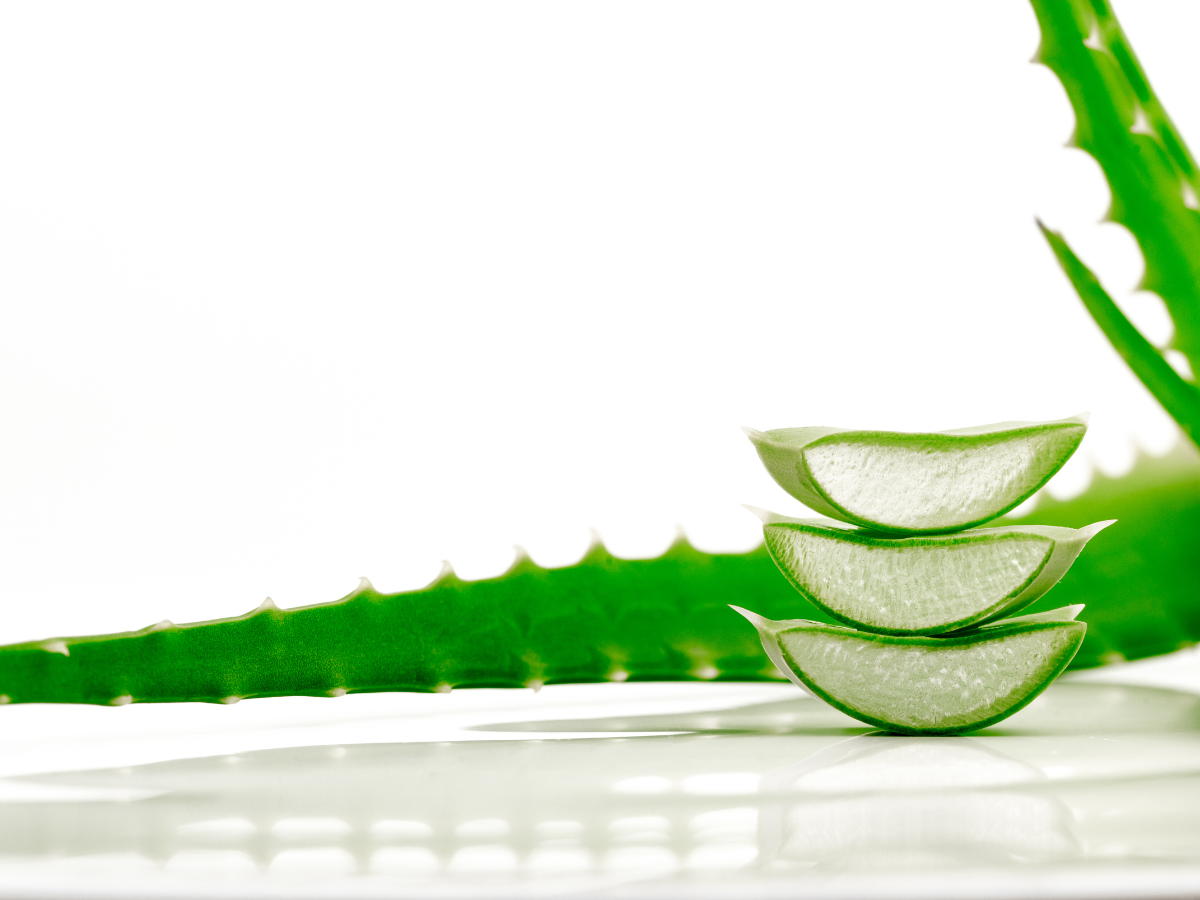Aloe Vera is Speeding Skin Regeneration

Aloe Vera is well known for its exceptional medicinal and skin care properties. It has been used to treat a variety of skin conditions for centuries. Recent research studies have shown that aloe vera can also speed up skin regeneration. It can help wounds heal faster, making it a valuable addition to any skincare routine. Keep reading to know more about the benefits of aloe vera for the skin.
Aloe Vera is a cactus plant that has been used medicinally for centuries
It is a cactus plant that has been used medicinally for centuries. The plant is native to Africa, Arabia, and India. Still, it can now be found in many warm climates worldwide. The aloe vera plant leaves are thick and fleshy, and they contain a gel-like substance rich in nutrients and antioxidants. This gel has been shown to have several benefits when applied to the skin, including soothing sunburns, reducing inflammation, and speeding up the healing process.
When taken internally, aloe vera juice can help to improve digestion and boost the immune system. In addition, some people believe that aloe vera can help to lower blood sugar levels. Overall, there is evidence to suggest that aloe vera is a versatile and effective natural remedy.
It is known for its anti-inflammatory and healing properties
The gel from the aloe vera plant is used to treat burns, wounds, and skin inflammation. Some studies suggest that aloe vera can also be effective in treating psoriasis. This chronic skin condition affects millions of people worldwide. Although the exact mechanism of action is not fully understood, it is thought that the anti-inflammatory properties of aloe vera may be beneficial in treating psoriasis.
In addition, aloe vera may help to soothe the itching and burning associated with this condition. More research is needed to confirm the efficacy of aloe vera in treating psoriasis. Still, the available evidence suggests that it may be a promising treatment option.
Recent studies have shown that Aloe Vera can speed up skin regeneration
Scientists have long known the Healing Powers of Aloe Vera. The plants have been used to heal wounds and burns for centuries. But only recently have they begun to unlock the secrets of how Aloe Vera works its magic. Studies have shown that Aloe Vera helps to speed up skin regeneration by stimulating the production of collagen and fibroblasts. Collagen is the main structural protein in the skin, and fibroblasts are cells that produce collagen. By increasing the production of these two components, Aloe Vera can help the skin heal more quickly.
In addition, Aloe Vera has anti-inflammatory properties that can help to soothe irritated skin. With its ability to speed up skin regeneration and reduce inflammation, Aloe Vera is an effective treatment for various skin conditions.
Aloe Vera is also a natural moisturizer, so it can help keep your skin hydrated
Aloe Vera is not only a natural moisturizer, but it can also help keep your skin hydrated. The Aloe vera plant produces a gel rich in nutrients, vitamins, and minerals that can help soothe and protect the skin. Aloe Vera gel can help lock in moisture and prevent dryness when applied to the skin.
Additionally, Aloe Vera gel contains antioxidants that can help to protect the skin from damage caused by free radicals. As a result, Aloe Vera gel can be an effective tool for keeping your skin healthy and hydrated.
References
- Surjushe, A., Vasani, R., & Saple, D. (2008). Aloe vera: A short review. Indian Journal of Dermatology, 53(4), 163. https://doi.org/10.4103/0019-5154.44785
- Sánchez, M., González-Burgos, E., Iglesias, I., & Gómez-Serranillos, M. P. (2020). Pharmacological Update Properties of Aloe Vera and its Major Active Constituents. Molecules, 25(6), 1324. https://doi.org/10.3390/molecules25061324